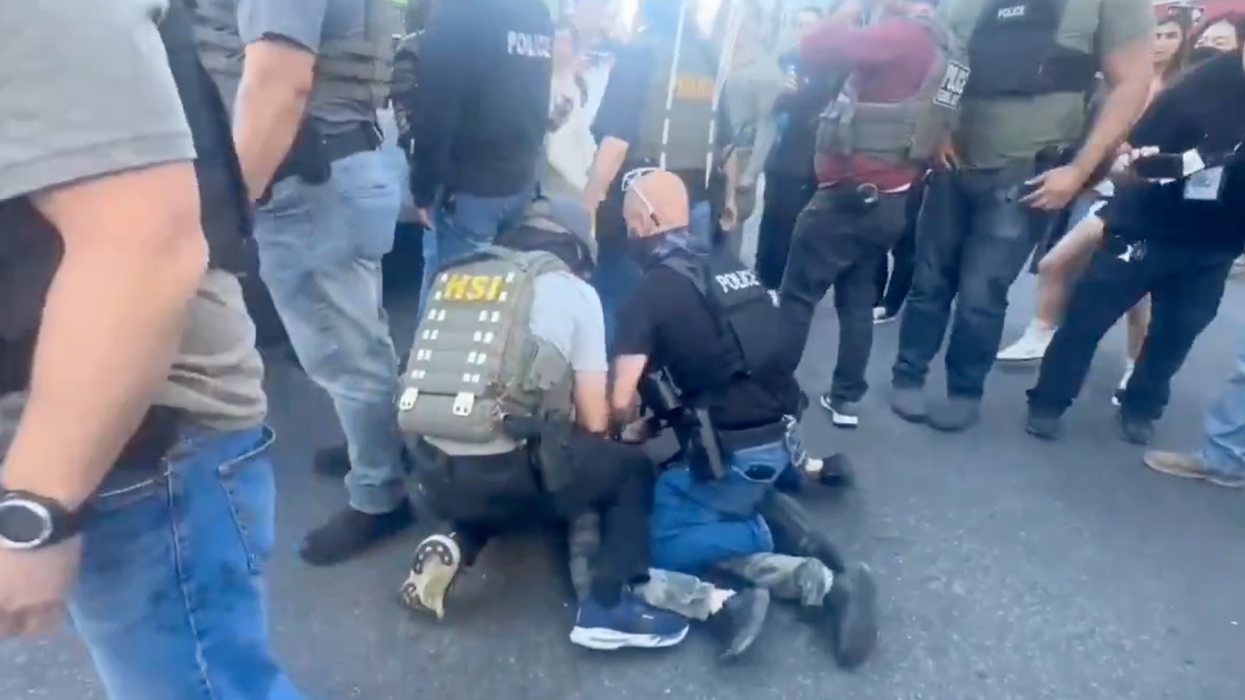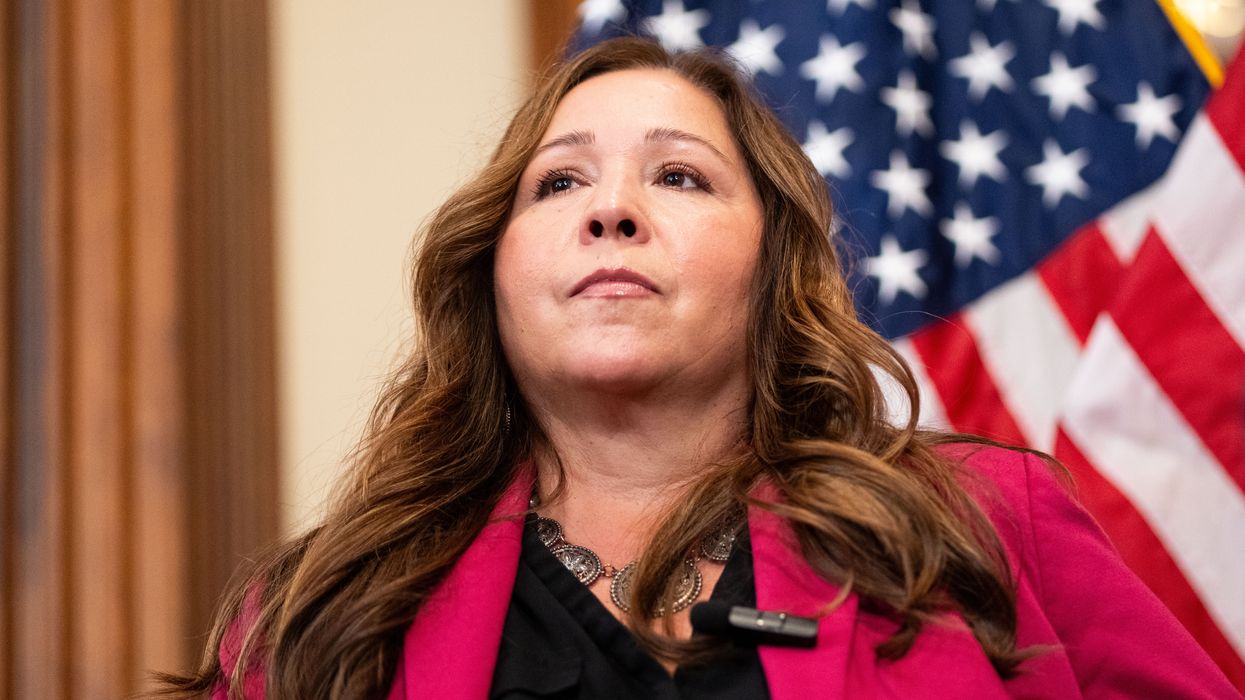What was the biggest scandal of 2009?
Blagojevich trying to sell a Senate seat? Senators, governors, and
their mistresses? Allegations that lobbyists were lining up defense
earmarks in exchange for straw donations?
No, the biggest scandal of 2009 was that the entire pay-to-play
system that dominates Washington and occupies Congress' time and
attention sidetracked bold policies.
One year after President Obama was swept into office on a ticket of change, a wall of big money from the health interests, banks, and Big Oil thwarted, slowed, or deep-sixed legislation in Washington.
Special interests were on track to spend $3.3 billion to shape policy
outcomes, according to a recent story in Politico. Despite the voters'
mandate for change, the underlying problem of Washington - what author
and Washington Post reporter Robert Kaiser calls "too damn much money"
- remained unaltered and in many ways, more powerful than ever before.
The bottom line is that America will not see the significant change
that a majority of people are demanding until we change the way we pay
for political campaigns by getting special interests out of the
business of paying for our elections.
"Yes we can" has been blocked by "no you don't."
Here are some facts to consider:
- The health care debate is a perfect example of all that is wrong.
Everyone agrees health care must be made more affordable, and that more
people need coverage. But with the health care industry spending more
than $1 million a day this year to lobby for their bottom line, and
contributing more than $200 million to candidates for Congress in the
2008 election cycle and first nine months of 2009, it's not a surprise
that reform proposals were watered-down. - At the beginning of December, the U.S. House passed legislation to
reform the financial regulatory industry. The vote came fifteen months
after the collapse of the financial sector and the $700 billion bailout
of Wall Street banks. Reform of Wall Street shouldn't have been so
hard-- these firms exploited a weak regulatory regime to wreak havoc on
our economy--but throughout 2009, financial, real estate, and insurance
interests poured $85 million in campaign contributions into Washington,
D.C. They succeeded at watering down sections of the House bill, and
have declared all out war on the Senate bill. - As the climate change conference in Copenhagen comes to a close,
President Barack Obama's hands were tied not just by China and India's
unwillingness to negotiate far-reaching agreements. He was also hemmed
in by the politics of passing climate legislation through the U.S.
Senate - and the stranglehold that Big Oil and coal companies have over
our elected officials. The energy sector has contributed more than $4.5
million to Senators just this year - an off election year. Senators
like Jim Inhofe (R-Okla.) have declared that any action on climate
change in the Senate faces an uncertain future. Inhofe has received
more than $1.2 million in contributions from oil and gas interests
during his career.
The swamp of special interest money is rising in Washington and Congress needs a way out.
The Solution: The Fair Elections Now Act
One year later, it's become clear that change doesn't come simply
with the election of a new president or new members of Congress. To
dramatically change the way Washington works we need to change the way
campaigns are financed in this country.
It's time for the Fair Elections Now Act (S. 752, H.R. 1826),
legislation that would sever the ties between big money campaign
contributors and members of Congress. With Fair Elections, candidates
would be able to run a competitive race for congressional office with a
blend of small dollar donations and limited public funds. Sponsored by
Sen. Dick Durbin (D-Ill.) and Rep. John Larson (D-Conn.), this
voluntary system would put people in office unencumbered by special
interest influence. In addition to Rep. Larson, the House bill has the
broad bipartisan and cross-caucus support of 124 members.
There have been a lot of political scandals and intrigue in
Washington this year, but the worst of them all is the sordid impact of
money in our political process. The scandal is what is legally
permitted day in, day out, in Washington, D.C. It is time to change the
system and pass the Fair Election Now Act.



